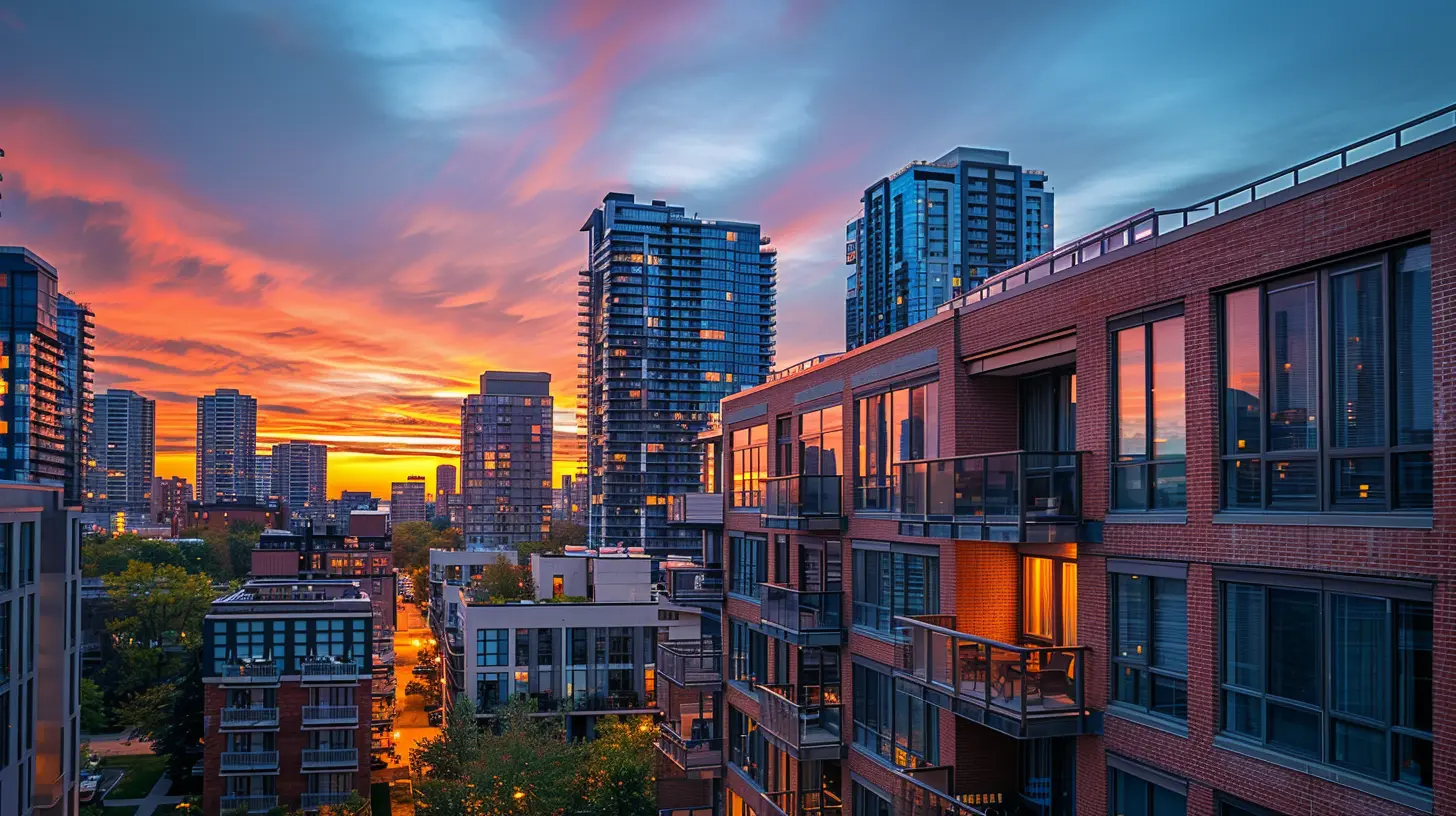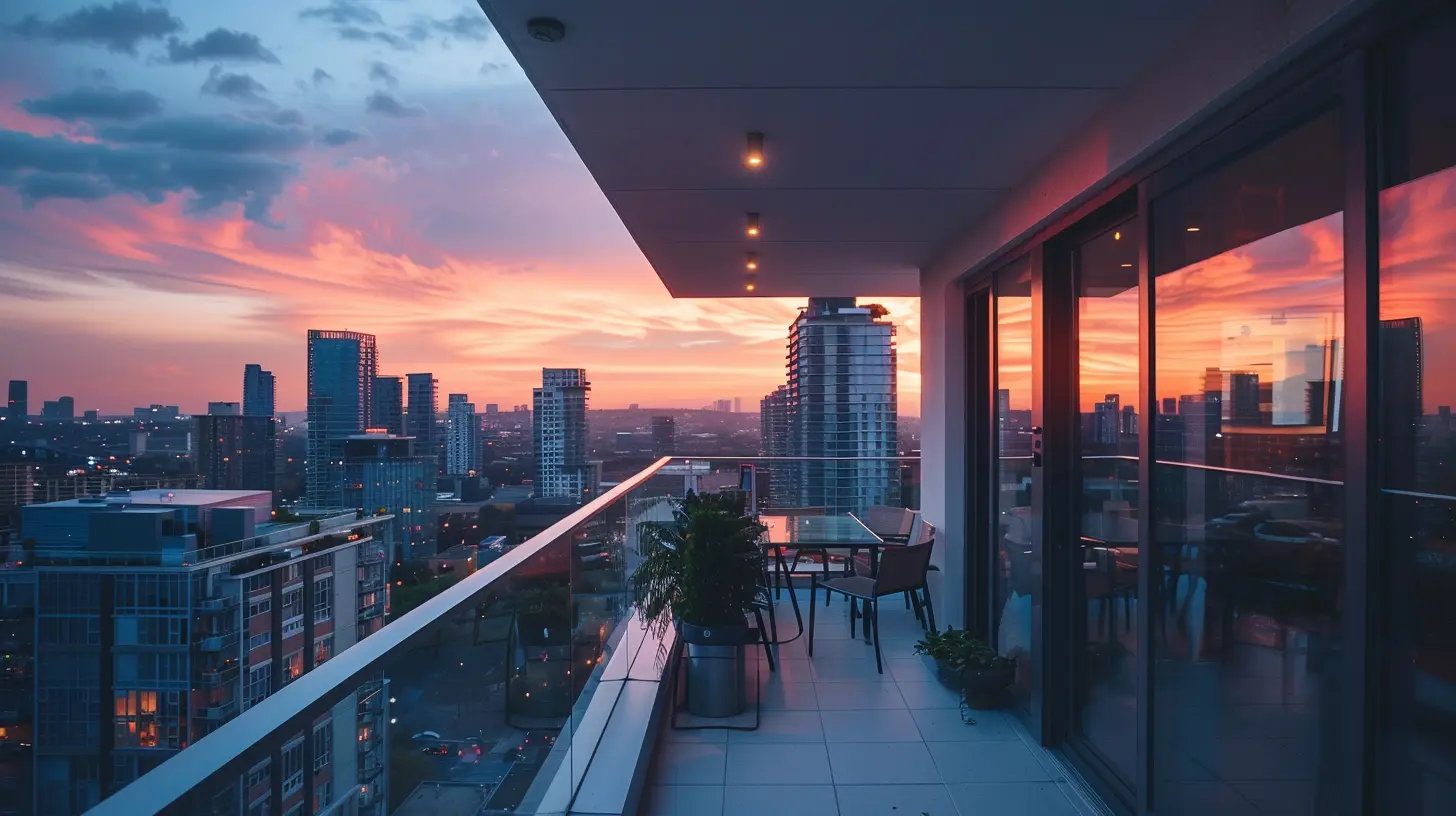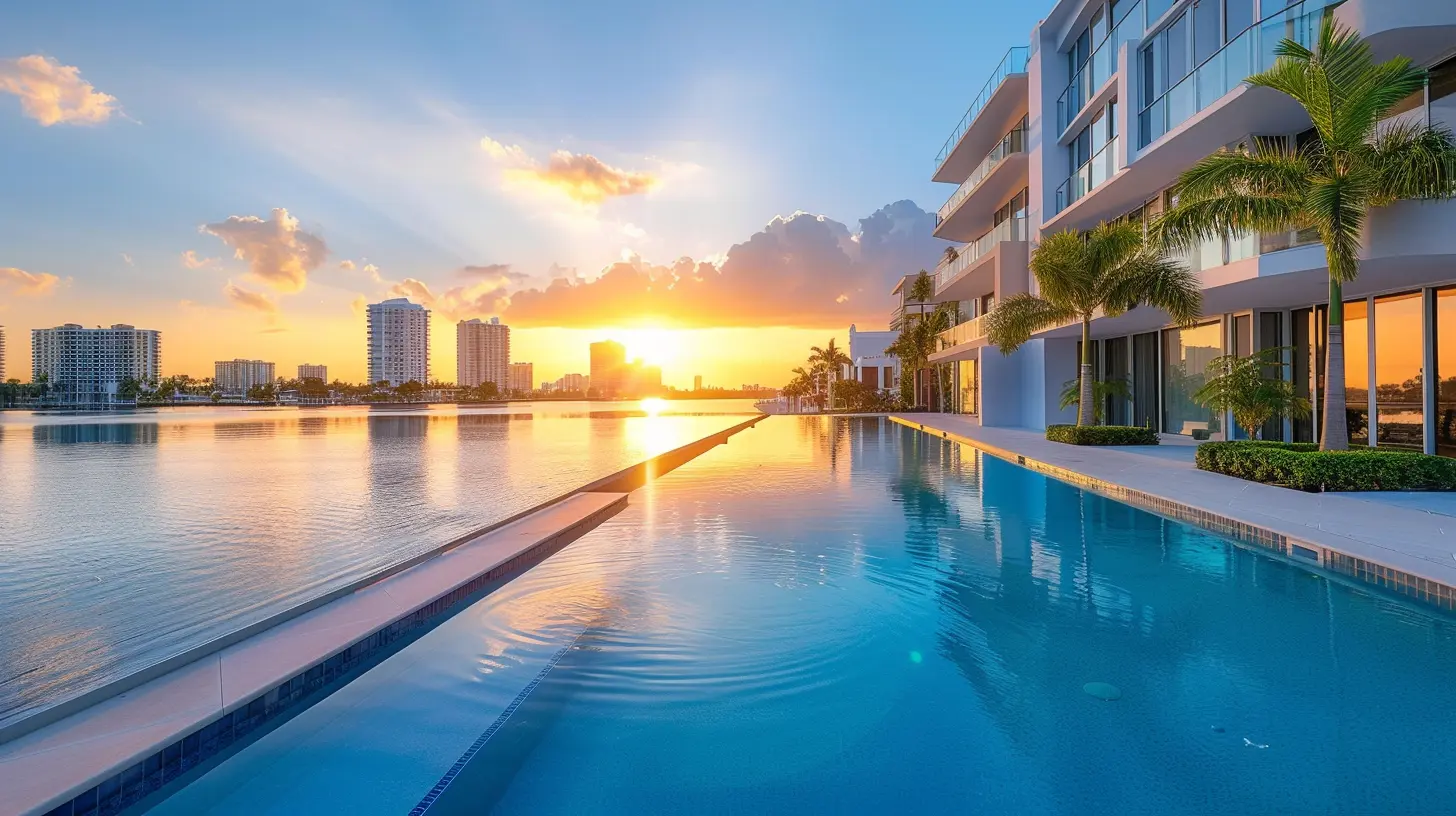Should You Rent a Condo or an Apartment? Key Differences
15 September 2025
If you’re on the hunt for a new place to live, you’ve probably come across two popular options: condos and apartments. At first glance, they might seem pretty similar—they both have kitchens, bathrooms, and four walls, right? But when you dig a little deeper, you’ll find some key differences that can seriously influence your living experience.
So how do you decide between the two? Well, it depends on your lifestyle, budget, and what you actually want out of your living space. In this detailed guide, we’re going to break things down in plain English—no jargon, just real talk—to help you figure out whether renting a condo or an apartment makes the most sense for you.
What’s the Real Difference Between a Condo and an Apartment?
Let’s start with the basics. We often use the terms interchangeably, but there’s a key difference between a condo and an apartment:- A condo (short for condominium) is a single unit within a larger building or complex that's privately owned by an individual.
- An apartment is also a single unit, but it’s owned (and usually managed) by a company or property management group.
Picture this: when you rent a condo, you're renting from a landlord who owns that specific unit. When you rent an apartment, you're renting from a company that owns the entire building.
Sounds simple enough, right? But that small ownership difference changes a lot more than you might think.
Condo Living: Pros and Cons
Let’s talk about what it's like to live in a condo first.✅ Pros of Renting a Condo
1. More Personalized InteriorsSince condos are owned by individuals, many owners have taken the time to customize their unit. Think upgraded appliances, stylish flooring, or bathroom fixtures that don’t look like they came off an assembly line. It might feel more like a home than an apartment.
2. Better Amenities
Condominium complexes often offer high-end amenities—like a 24-hour concierge, rooftop decks, pools, gyms, and even private screening rooms. It’s kind of like getting a taste of luxury without owning the place.
3. Stronger Sense of Community
Because most units in a condo building are owner-occupied, you’re more likely to have neighbors who take pride in where they live. That can mean quieter hallways, better-maintained common areas, and a friendlier vibe overall.
❌ Cons of Renting a Condo
1. Inconsistent Property ManagementSince you’re renting from an individual owner and not a company, the experience can vary wildly. One landlord might be super responsive. Another might ghost you when the AC breaks. There’s no standard.
2. More Rules (Seriously)
Condos are governed by HOAs (Homeowners Associations), and these folks love rules. Want to hang a wreath on your front door? Better check the bylaws. Some restrictions can even affect renters, like pet policies or where you’re allowed to park.
3. Maintenance Delays
In an apartment, if something breaks, you call maintenance and they usually show up within a day or so. In a condo? Your landlord has to approve repairs, hire someone, and that process might take a bit longer.
Apartment Living: Pros and Cons
So, what’s life like in an apartment?✅ Pros of Renting an Apartment
1. Consistent ManagementYou get a more predictable experience. Apartments are managed by professionals, so there’s normally a streamlined process for repairs, lease renewals, complaints, and other day-to-day stuff. It’s kind of like fast food—maybe not fancy, but you know what to expect.
2. On-Site Maintenance
Need your sink fixed? Chances are there's a full-time maintenance crew on standby who can be at your door in hours. That’s a big win in terms of convenience.
3. Flexibility and Availability
Apartments are easier to find, especially in bigger cities. And moving in and out is usually smoother, with less red tape. Plus, if you like the idea of moving every year or exploring different neighborhoods, renting an apartment might be more flexible.
❌ Cons of Renting an Apartment
1. Cookie-Cutter InteriorsLet’s face it—most apartment units are designed to look the same. The flooring, cabinets, and fixtures are often chosen for durability and neutrality, not style. So, if you’re chasing Pinterest-worthy aesthetics, you might feel underwhelmed.
2. Less “Homey” Feel
Apartments can feel more temporary or impersonal. And if the complex has a high turnover rate, it’s harder to build a sense of community.
3. More Noise and Activity
With more renters and less community pride, apartment complexes might be noisier or less well-maintained. Think thin walls, foot traffic at all hours, or that one guy who blasts techno music at 3 AM.
Pricing: Condo vs. Apartment
Alright, let’s talk money—because let’s be real, budget plays a huge role in any housing decision.Generally speaking, condos can be more expensive to rent than apartments in the same area. Why? Because the unit may come with upgrades or better amenities. But condos can also be priced competitively if the owner just needs someone to cover the mortgage.
Something to keep in mind: HOA fees. Some landlords include this in your rent, while others make you pay it separately. That can add a few hundred bucks to your monthly cost.
Apartments, on the other hand, are priced more uniformly. There are fewer surprises, which is great if you’re budgeting carefully.
Amenities Showdown: Who Wins?
Amenities can be a game changer—especially if you're torn between two places.- Condos often win in the luxury department. Think resort-style pools, high-end gyms, and private movie theaters.
- Apartments usually offer basics—a community gym, laundry facilities, maybe a pool.
But here’s the kicker: even if a condo has killer amenities, you might be sharing them with picky HOA members. And if something breaks, repairs might take longer.
Meanwhile, apartment amenities tend to be more functional than fancy, but they’re usually well maintained.
Who’s the Landlord?
Seems like a small thing, but it’s a big deal.With condos, your landlord is a private owner. That means everything—lease terms, maintenance response time, and even what color you can paint the walls—varies widely. Some landlords are awesome. Others? Not so much.
With apartments, your “landlord” is a management company. You’ll probably never meet the property owner. But the leasing office runs like a business, so you know what to expect.
Maintenance and Repairs
Let’s be real: something will break. It always does.- In an apartment, you call maintenance, and they usually take care of it within 24–48 hours.
- In a condo, you have to go through your landlord. If they’re attentive and responsible, great! If not, you could be stuck waiting days (or longer).
Plus, some condos require approval from the HOA before fixing major things. So if your AC goes out during a heatwave, you might be sweating it out for a while.
Lease Terms and Flexibility
Looking for month-to-month? Or a long-term spot?- Apartments offer more flexibility, especially in big cities. You can often find leases ranging from 3–18 months.
- Condos typically have stricter lease terms, and because you’re dealing with an individual, they might prefer longer leases—or come with unique clauses.
So if you're not ready to commit or think you'll move in a year, apartments might be the better bet.
HOA Rules and Regulations
This one’s big if you’re leaning toward a condo.Homeowners Associations can be very... enthusiastic about rules. Sometimes that’s a good thing (cleaner common areas, less noise). Other times? It feels like living with a hall monitor.
Rules can affect:
- Whether you can have pets.
- Where guests can park.
- How many keys you can get.
- What time you can use the pool.
With apartments, you’ve usually got fewer rules and a lot more freedom.
Which One Should You Rent?
Okay, so you’ve made it this far (go you!), and you’re still unsure which way to go. Totally normal.Here’s a simple way to think about it:
- Go with a condo if you want a more personalized, upscale living space and don’t mind a bit of unpredictability when it comes to management.
- Stick with an apartment if you value consistency, straightforward leasing, and immediate maintenance support.
Still stuck? Ask yourself:
- Do I need flexibility in my lease?
- Do I want someone else to handle every single repair?
- Do I care about fancy finishes or am I fine with function?
Your answers will point you in the right direction.
Final Thoughts
Choosing between a condo and an apartment isn’t just about comparing floor plans. It’s about lifestyle. It’s about what matters to you—whether that’s peace and quiet, responsive maintenance, or a pet-friendly building that feels like home.There’s no universal right choice. What works for one person might be a nightmare for someone else. But by knowing the key differences, you’ll be way more prepared to make a choice that suits you and your life.
So go ahead, schedule some viewings, ask the tough questions, and trust your gut. Your future home is waiting.
all images in this post were generated using AI tools
Category:
Rental PropertiesAuthor:

Travis Lozano
Discussion
rate this article
1 comments
Oriana Fisher
Great insights on the condo vs. apartment debate! Understanding the key differences can truly help potential renters make informed decisions. Remember, the best choice ultimately aligns with your lifestyle and financial goals. Happy renting, and enjoy finding your perfect space!
September 17, 2025 at 11:23 AM

Travis Lozano
Thank you! I'm glad you found the insights helpful. Wishing you the best in your search for the perfect rental!


